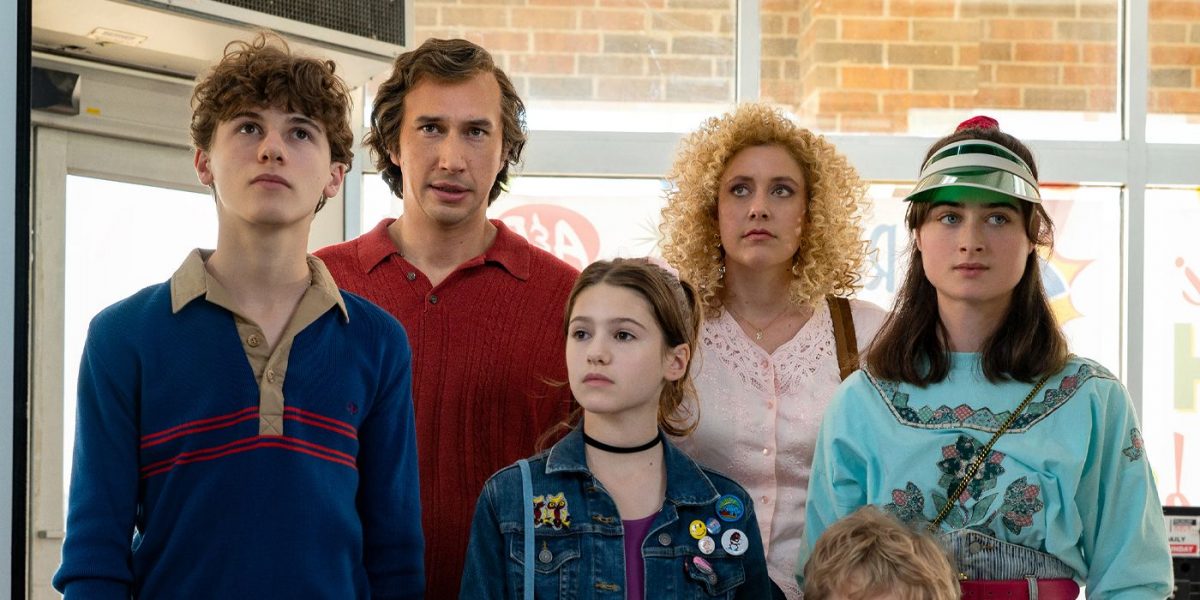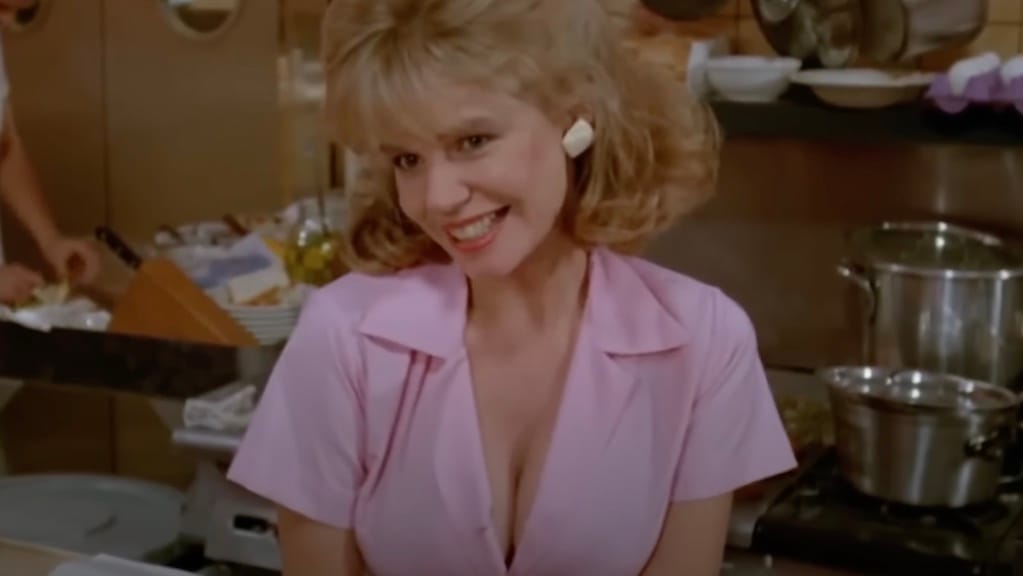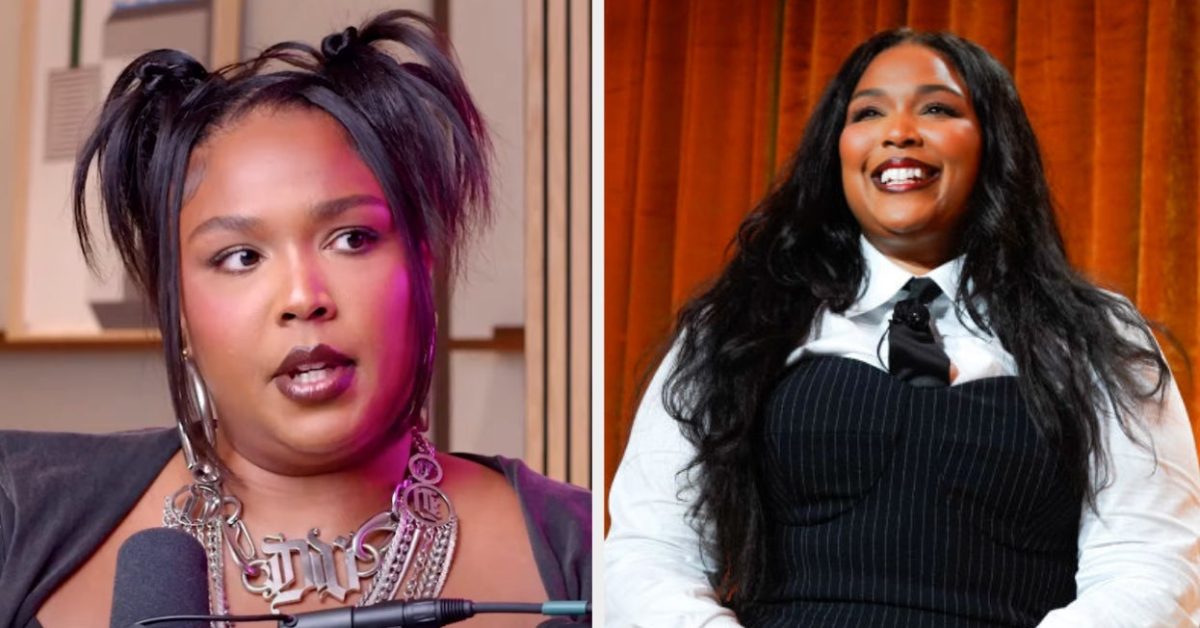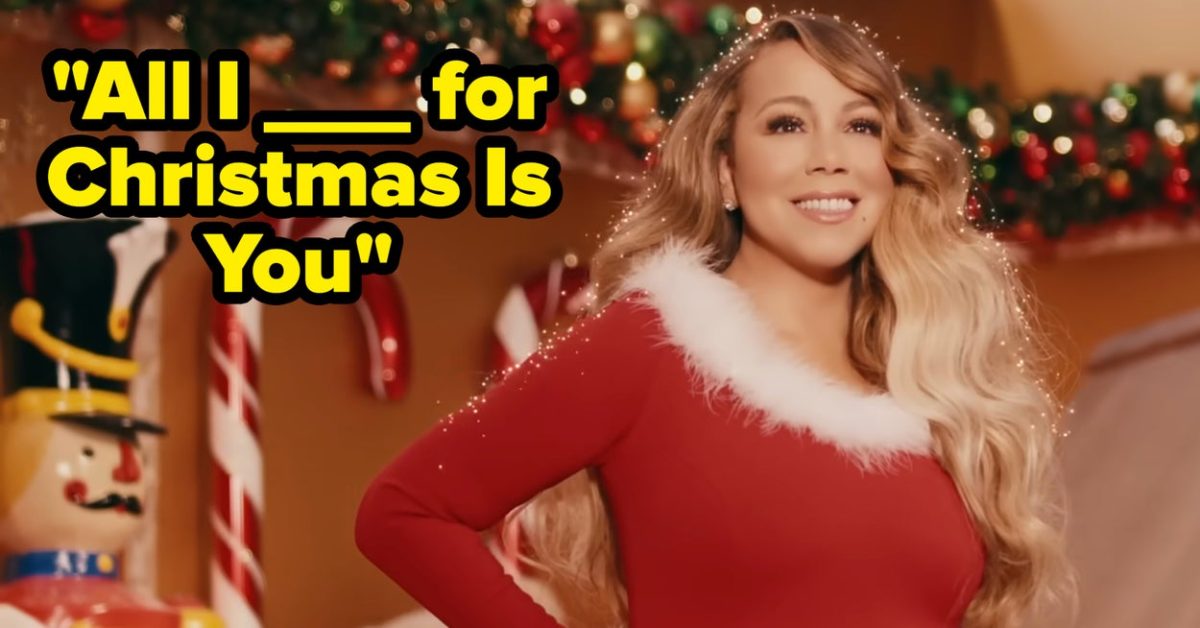
Noah Baumbach’s Satire Is Too Busy For Its Own Good
Jan 14, 2023
This review was originally part of our coverage of the 2022 Venice Film Festival.
Don DeLillo’s classic satirical novel, White Noise, was first published in 1985. Set in a fictional college town, the book used a toxic explosion to explore the oversaturation of news and misinformation, the overindulgent teachings in academia, our over-reliance on pharmaceutical solutions, the fear of chemical consumption in the air we breathe and in foods we eat, and gaslighting, both from a loved one and from the government. When it was written, the wit was a sharp but cutting criticism of the excessive consumerism and the navel-gazing opulence of the Reagan years. And with everything that’s come after the Internet, well, it’s only become even more prescient. Or to put it into pop culture terms, “that gum you like will come back in style.”
COLLIDER VIDEO OF THE DAY
In the movie adaptation, Adam Driver stars as Jack Gladney, the go-to voice for Adolf Hitler studies. Greta Gerwig triumphantly returns to acting, her first live-action acting credit since 2016, playing Jack’s wife, Babbette. Jack gives grandstanding lectures on the most heinous and successful fascist of all time and Babbette instructs various group learnings at the local church. Together, they raise four children/stepchildren. Their oldest daughter (Raffey Cassidy) sees Babbette sneaking pills for a drug that’s not on the market, which she believes is causing her to forget more in their day-to-day life. While, Jack, high on his reverence on campus, continues to think everything is okay in his home life until a chemical explosion forces him to become a man of decisive action instead of merely a man of knowledge. (In one of the finer comedic moments in the movie, after continued misinformation from local agencies about how to respond to the airborne toxic event, Jack sees a bumper sticker that reads “Gun Control = Mind Control” and declares its best to follow that vehicle because “they seem like they would know how to survive.”)
Noah Baumbach (Frances Ha, Marriage Story), as a filmmaker, seems like a misfit choice to direct an adaptation of DeLillo’s book. In retrospect, it makes more sense than originally thought. Not just for poking fun at the academic setting (something Baumbach has been doing since his first film, Kicking and Screaming) but because Baumbach has always appreciated a non-sequitur. But while Baumbach favors a setup, DeLillo’s rapid humor generally comes from a barrage of non-sequiturs; the characters in White Noise all have information to impart, but it’s usually so unrelated that the father at one point asks if anyone is even listening to anyone. The reason why Baumbach seemed like an odd choice to me was because of how visual the film would have to be to pull off the noise pollution components of the story. He’s known for his use of language but not his visual language. Odd enough, it’s the visuals in White Noise that work the best in creating the proper mood of the film, and it’s the humor that’s often off. Satire is one of the trickiest things to translate from page to screen and White Noise never really cuts as deep as it should because the communication of the jokes is so rushed — via DeLillo’s style that’s quicker to process on the page than it is to export to the screen.
RELATED: From ‘Marriage Story’ to ‘Frances Ha’: Every Noah Baumbach Film, Ranked
White Noise is a very busy movie — both verbally and visually. The gears of the plot are constantly changing, from an academia satire, to the toxic event and later still, into the lies within a marriage. The busyness of the plot works best in the center because the reaction to the unknown makes sense for a chaotic canvas and randomness. Conspiracies start spreading. Health officials are unable to generate actionable responses beyond death that might happen within 30 years. And the more scientific the information becomes, the more scared everyone feels because each new thread of information doesn’t provide a clear answer, but it sure sounds worse.
When the Gladneys are moved to a Boy Scout camp run by a simulation organization, Jack Gladney’s thesis on Hitler’s followers — that they became what they wanted to be, a crowd — plays out before him. Their daughters sob that the scariest thing is that they can’t be told how exactly they should feel. They desire to have “the proper reaction.”
Image via Netflix
This is the most visually expressive of Baumbach’s oeuvre. Because the fear of death is a major thread through all machinations of the narrative, there is a stark use of dark vs. light. Jack and Babbette speak openly about dying, but it’s secretly an all-consuming fear. Their openness is an attempt to trick them from thinking otherwise and Lol Crawley’s cinematography is exemplified when framing their fears. But the visual nature of the film goes beyond the lighting and also into Jess Gonchor’s production design. The supermarket, bright in its light so that all the brand names can be seen and provide comfort, juxtaposes Jack’s private fears, where drapes and sheets cover his own vision of death. The college where Jack teaches has classrooms that look like the children’s section of a library, seemingly both satirizing and validating conservative fears that colleges are indoctrination centers for the young.
Still, while the look of the film is solid, it further illustrates how White Noise has so many moving parts and individual scenes outshine the sum of those parts. The academic setting seems to muddle with where Baumbach is placing the heart of the story: the survival of an event and the survival of a marriage. It’s practical to hand talking points directly to the viewer (such as in the opening, where Don Cheadle, playing a professor at the College-on-the-Hill, dissects the glee of filming a car crash by saying that the quest for narrative goes out the window in such scenes and a joyful innocence steps in.) But the shifts in attention also keeps the adaptation from discovering a stable groove for the main characters, particularly Babbette, who is mostly reduced to telling the audience her motivations. These motivations, unfortunately, set up a third act of diminishing returns via a brand-new character who’s been separate from all previously established satirical realms. In the end, White Noise is guilty of being what it criticizes: too much.
Rating: C+
White Noise is now available to stream on Netflix.
Publisher: Source link
"All Of This Came Out Of Nowhere": Lizzo Publicly Responds To Sexual Harassment Lawsuits After Being Dismissed From A Case
"We're continuing to fight the other claims."View Entire Post › Disclaimer: This story is auto-aggregated by a computer program and has not been created or edited by filmibee.Publisher: Source link
Dec 27, 2024
This Fan-Favorite Elf Quote Almost Didn’t Make It Into the Film
11. Determined to maintain the old school aesthetic, Favreau told Rolling Stone he didn’t want to make the film “a big CGI extravaganza," only using the technology to add some snow. “I like motion-control, models, matte paintings,” he explained. “It…
Dec 27, 2024
Guess The Missing Word: Christmas Song Titles
The holidays are here, and there's no better way to ring it all in than a seasonal song or two. So test your yuletide knowledge by identifying the missing word in the 14 holiday songs below. Good luck! Disclaimer: The…
Dec 26, 2024
Score an Extra 40% off Fashion & More
Our writers and editors independently determine what we cover and recommend. When you buy through our links, E! may earn a commission. Learn more. Even on Christmas Day, Anthropologie has your back with an extra 40% off sale that’s practically a…
Dec 26, 2024











